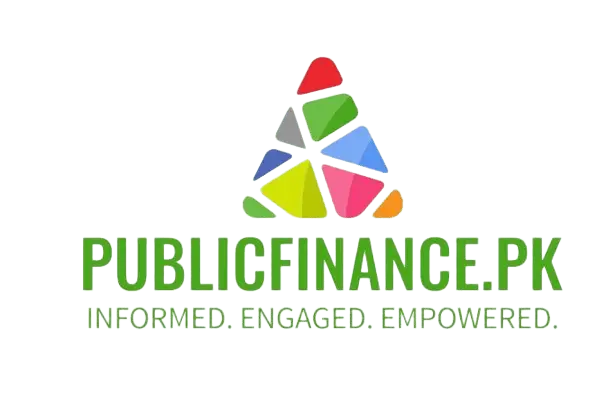
In a landmark move, the World Bank has pledged $20 billion to Pakistan over the next decade under the new Country Partnership Framework (CPF). This initiative aims to address critical development challenges, including climate change, private sector growth, and human capital development.
Strategic Focus Areas
The CPF outlines several key areas for investment:
- Climate Resilience and Clean Energy: Pakistan is highly vulnerable to climate-induced disasters, as evidenced by the devastating floods in recent years. Investing in climate-resilient infrastructure and transitioning to clean energy sources are essential to mitigate future risks.
- Human Capital Development: Improving education and healthcare systems is crucial to enhance productivity and reduce poverty. Addressing issues like child stunting and learning poverty will lay the foundation for a more prosperous society.
- Private Sector Growth: Reforming policies to encourage private investment in sectors such as energy, water, agriculture, finance, manufacturing, and digital infrastructure can stimulate economic growth and create jobs.
Recommended Utilization Strategies
To maximize the impact of the World Bank’s commitment, Pakistan should consider the following strategies:
- Invest in Renewable Energy Projects: Allocating funds to solar, wind, and hydropower projects can reduce dependence on fossil fuels, lower greenhouse gas emissions, and provide sustainable energy solutions.
- Enhance Disaster Preparedness: Building resilient infrastructure and establishing effective early warning systems will help mitigate the impact of natural disasters, protecting lives and livelihoods.
- Strengthen Educational Institutions: Investing in teacher training, curriculum development, and school infrastructure can improve educational outcomes and equip the workforce with necessary skills.
- Improve Healthcare Services: Expanding access to quality healthcare, particularly in rural areas, will address health disparities and improve overall well-being.
- Facilitate Business Environment Reforms: Simplifying regulations, enhancing transparency, and providing incentives can attract private investments and foster entrepreneurship.
Conclusion
The World Bank’s $20 billion commitment presents a significant opportunity for Pakistan to overcome its development challenges. By strategically investing in climate resilience, human capital, and private sector growth, Pakistan can pave the way for sustainable economic development and improved quality of life for its citizens.
